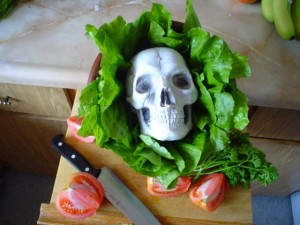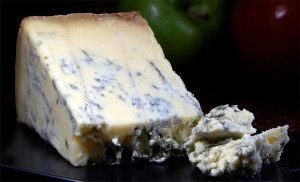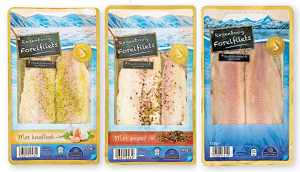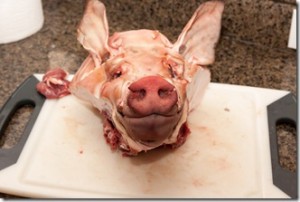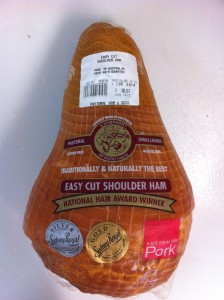A new Nature Genetics study is expanding researchers’ appreciation of the diversity within Listeria monocytogenes, a species known for causing foodborne infections that can spread to the central nervous system or cross the placenta in serious cases.
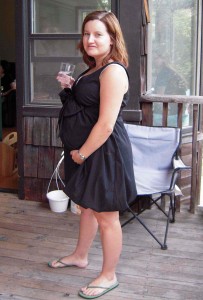 Researchers from the Pasteur Institute and elsewhere did epidemiological and microbiological profiling on more than 6,600 clinical or food isolates of L. monocytogenes, scrutinizing whole-genome sequences for 104 of the strains.
Researchers from the Pasteur Institute and elsewhere did epidemiological and microbiological profiling on more than 6,600 clinical or food isolates of L. monocytogenes, scrutinizing whole-genome sequences for 104 of the strains.
Some of the clones considered were preferentially associated with infected food samples, the team noted, while others were more common in individuals with central nervous system (CNS) listeriosis or in maternal-neonatal infection complications. The analyses also highlighted new virulence factors, particularly in CNS and/or maternal-neonate infection-related clones, which proved particularly virulent in mouse experiments.
“This study establishes that L. monocytogenes is a highly heterogeneous species with regard to pathogenicity and is composed of hypervirulent and hypovirulent clones,” co-senior authors Sylvain Brisse and Marc Lecuit, both based at the Pasteur Institute, and their colleagues wrote.
Past studies on reference strains have provided a look at virulence factors and other biological features of pathogens such as L. monocytogenes, the team noted. But the group reasoned that reference-based studies likely miss some virulence-related differences between strains within a microbial species.
With that in mind, the researchers set out to take a broad look at the strains making up L. monocytogenes and their potential effects in humans, using epidemiological, clinical, and microbial data.
The species was already known to house at least four evolutionary lineages, more than a dozen serotypes, and many more multi-locus sequencing typing-based clonal groups, they explained.
For its new analysis, the team focused on 2,584 clinical and 4,049 food isolates of L. monocytogenes obtained from a national reference center tasked with amassing culprits from listeriosis cases in France.
The isolates spanned 63 multi-locus sequencing type clones, though more than 79 percent of the isolates fell into the top 12 clonal groups, the researchers noted.
And while a large proportion of isolates obtained from food samples turned up in the CC121 and CC9 clonal groups, clinical isolates often came from a largely separate set of clones — mainly CC1, CC6, CC2, and CC4.
The team found that the latter clones, particularly CC1 and CC$, were also more frequently linked to listeriosis cases that either crossed the intestinal and placental barriers, leading to maternal-neonatal infections, or those caused by L. monocytogenes that crossed the intestinal and blood-brain barrier to produce central nervous system infections.
In contrast, more straightforward listeriosis cases in which L. monocytogenes only made it across the intestinal barrier more often involved the food-related clones or “intermediate” clones containing isolates from both food and clinical sources.
By incorporating clinical data for 812 Listeria-infected individuals, the researchers also teased apart differences in the clonal groups behind an infection depending on an individual’s immunosuppression status.
Whereas some clones were far more likely to cause serious complications in immune compromised individuals, other clones such as CC1, CC2, CC4, and CC6 were linked to CNS or cross-placental infections even in patients with relatively robust immune systems.
That suggested to the team that isolates from these clones may be more virulent than those in other L. monocytogenes clones — a notion supported by experiments in mouse models of listeriosis infection.
Using genome sequence data from 104 strains plucked from across the spectrum of key clonal complexes, the researchers not only defined a core genome for L. monocytogenes, but also narrowed in on factors suspected of boosting virulence in CC1, CC2, CC4, and CC6 clones.
Listeria diversity study uncovers hypervirulent clonal groups
01.feb.16
GenomeWeb
https://www.genomeweb.com/sequencing-technology/listeria-diversity-study-uncovers-hypervirulent-clonal-groups

